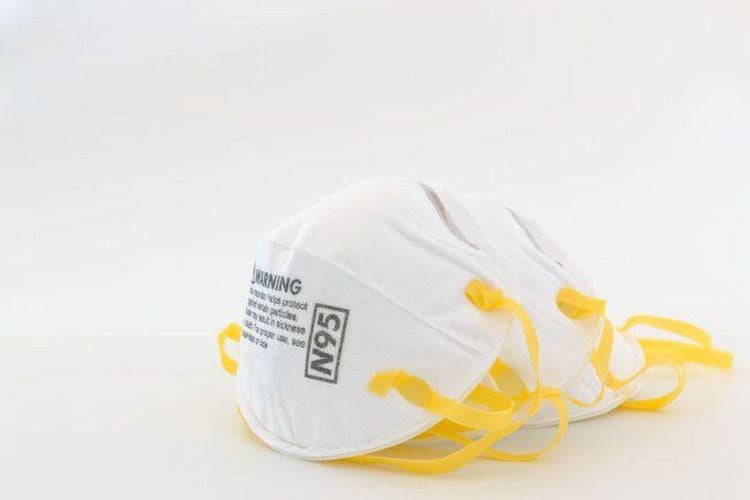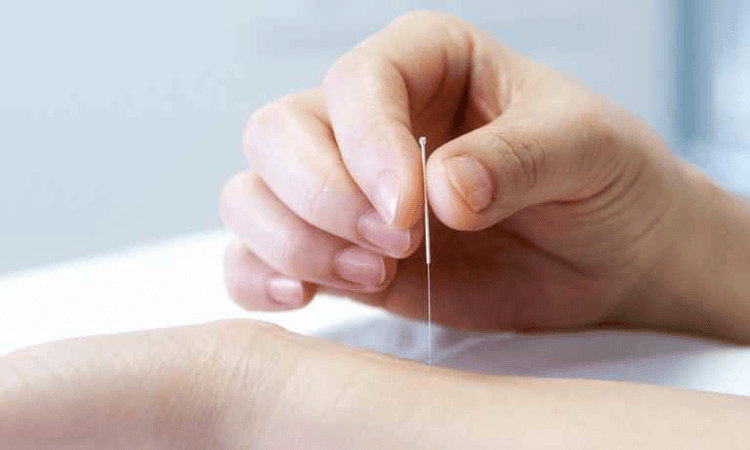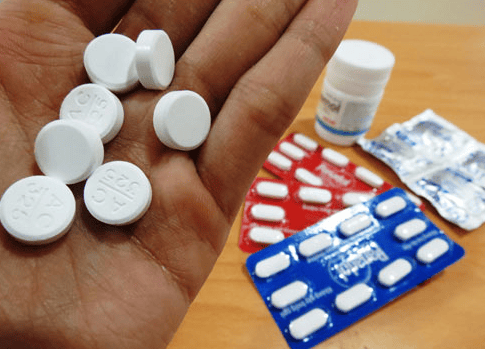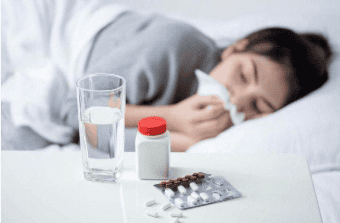This is an automatically translated article.
Allergic skin is a common condition in many people and can cause many different consequences. The question many people ask is when the skin is allergic, how to fix it? The following article will introduce you to some methods to limit skin allergies.
1. Limit the wind from outside
If on a day with nice weather and the amount of pollen outside is high, you should close the windows and doors to protect the indoor atmosphere. Alternatively, if pollen counts have entered the home, HEPA filters can be used on air conditioning systems and flat filters.
2. Use of alternative treatments
Butterbur is one of the most promising and is being studied recently. There has been some evidence that an avocado extract called Ze 339 may work as well as an antihistamine. Other studies suggest that plant-based Phleum pratense and pycnogenol may also be effective for allergy relief.
3. Cleanse skin after returning home
Every time you return home, you should first expose your belongings to the sun. The reason is because your clothes, shoes, hair and skin are covered with tiny dust particles from the places they have been. In addition, you can change clothes to shower to wash away allergens.
4. Use a mask to avoid allergies
Masks are useful items to help prevent allergens from entering the respiratory tract when you cannot avoid certain triggers. N95 respirators, available at most pharmacies and medical supply stores, will block 95% of small particles, such as pollen and other allergens.

Hãy sử dụng khẩu trang để tránh dị ứng
5. Have a healthy diet
In one study, children who ate a lot of fresh vegetables, fruits and nuts like grapes, apples, oranges, and tomatoes had fewer allergy symptoms or at least a little more fresh fruit and vegetables each day. meal.
6. Steam your nose every day
Nasal steaming helps clear mucus in the nose and can ease allergy symptoms there. At the same time, it also helps to remove bacteria and thin mucus, reducing postnasal drip.
You can buy or make a nasogastric cleaning or nebulizer kit. Mix 3 teaspoons of non-iodized salt with 1 teaspoon of baking soda. Store in a sealed container. To use, add 1 teaspoon of the mixture to 8 ounces of distilled or boiled water, then lean into the sink and gently flush each nostril.
7. Drink more water
If you feel stuffy or runny after having an allergy, drink more water by dividing it up several times a day with juice or other non-alcoholic beverages. Having additional fluids can thin the mucus in your nasal passages and relieve pain.
8. Keep the indoor air cool and clean
Keeping your home clean is also one of the best ways to avoid allergens. However, strong chemicals can irritate your nasal passages and make your symptoms worse. So, make a natural cleaner with everyday ingredients like vinegar or baking soda. Alternatively, you can use a vacuum with a HEPA filter to keep allergens out. In case you are suffering from severe allergies, ask someone else to clean up.
9. Wet the nose
You can inhale some steam to help ease a stuffy nose and make breathing easier. By tilting your head over a bowl or basin of warm (but not very hot) water and placing a towel over your head to trap the steam. You can also use sitting in the bathroom with a warm running shower.
10. Stay away from cigarette smoke
Secondhand smoke can worsen your runny, itchy, stuffy, and watery eyes. So when going out, opt for smoke-free restaurants, clubs and hotel rooms. On the other hand, avoid other types of smoke that can make symptoms worse, such as aerosols and smoke from wood-burning fireplaces.

Khói thuốc lá có thể làm cho các triệu chứng trở lên trầm trọng hơn.
11. Use Acupuncture Support
According to traditional medicine, acupuncture also works to reduce the symptoms of allergies. Some research suggests that it may be helpful, but has yet to be recognized for universal adoption. Therefore, ask your doctor for proper use.

Châm cứu là một phương pháp có tác dụng làm giảm các triệu chứng của dị ứng
12. Can't identify my problem
When you have not determined what your allergy problem is and cannot find a solution, make an appointment to see an allergist and immunologist to check the condition. Then make a plan for prevention and treatment.
Above are some natural methods to answer the question "how to fix when allergic". When you have any symptoms, you need to contact and make an appointment with a specialist to be examined, avoid self-treatment because it can have many consequences later.
Reference source: webmd.com













